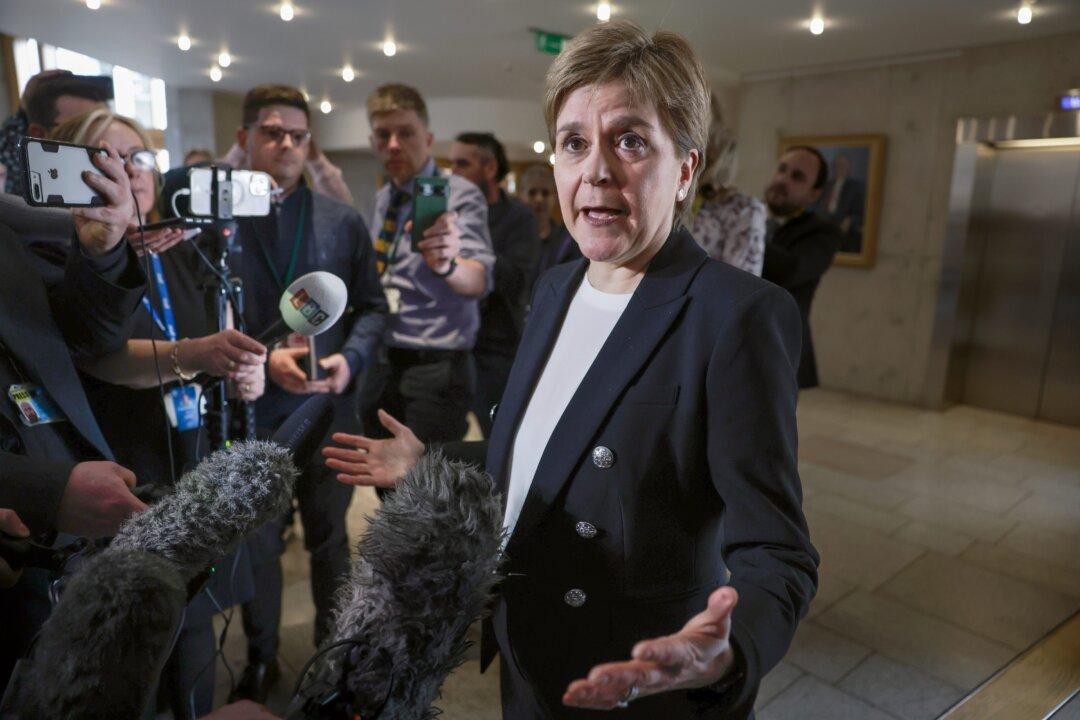Police had to wait two weeks from the moment they requested a search warrant for the house of the former First Minister Nicola Sturgeon and her husband Peter Murrell, as well as the headquarters of the Scottish National Party (SNP) in Edinburgh.
The waiting time was revealed in a Freedom of Information request submitted by the Scottish Conservatives, which Police Scotland responded to on May 11.





